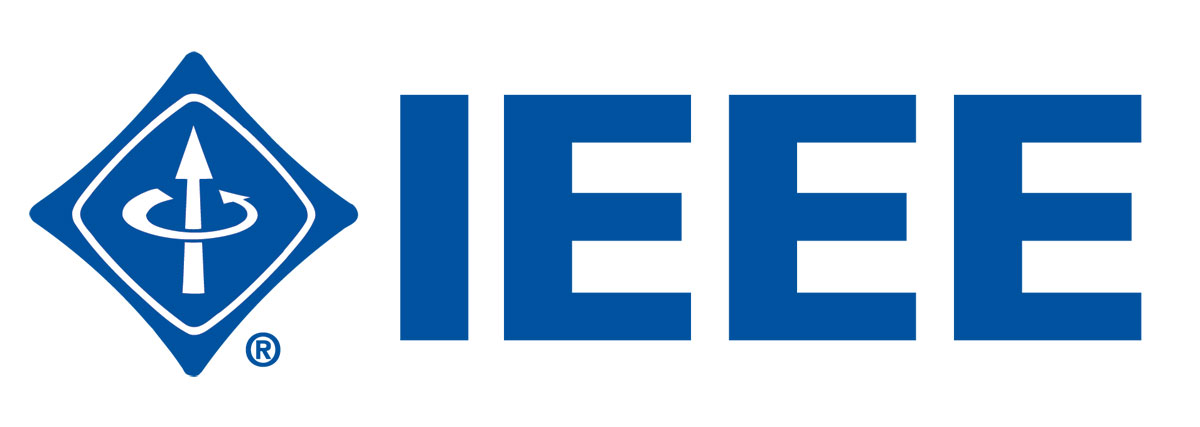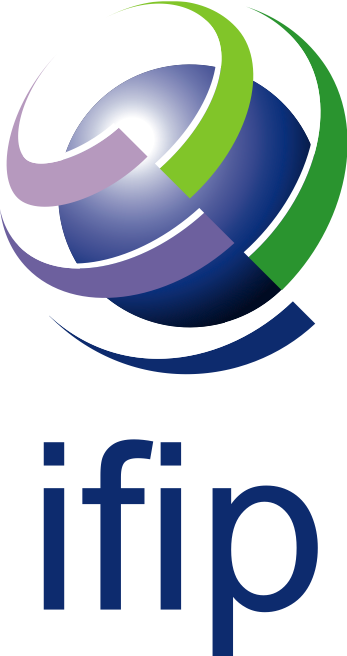Track 2: Ad hoc and Sensor Networks
Over the last decade Mobile Ad-hoc NETworks (MANET) and Wireless Sensor Networks (WSN) have attracted a lot of attention from the network research community. Many efforts have been devoted to this topic, producing a significative number of contributions to different issues; like multi-hop routing protocols, MAC protocols, security architectures and mechanisms, etc. Although the fundamental issues of MANET and WSN have been by now largely investigated, a mature understanding of the challenges related to real application scenarios is still missing. Moreover, new application contexts, like inter-vehicular networks or underwater sensor networks are raising exciting new questions. The adaptation to realistic application scenario, the emergence of new application contexts, and the development of new communication technologies (e.g. MIMO, Cognitive Radio), require a reconsideration or an adaptation of the initial ideas and approaches originally designed for MANET and WSN, respectively.
The purpose of the second edition of this track is to bring together researchers, engineers, and students from academia and industry, to discuss, to share their experiences, and to exchange new ideas about theoretical and practical aspects of MANET and WSN. We solicit original and unpublished research in all aspects of Ad-Hoc and Sensor Networks, including, but not limited to, the following topics:
- Unicast and multicast routing
- MAC protocols and scheduling
- Radio resource sharing in wireless networks
- Protocols and mechanisms for QoS support
- Delay Tolerant Networks
- Self-organization and network reconfiguration
- Security in MANET and WSN
- Fault tolerance and error recovery
- Energy-efficient communications
- Multimedia applications
- Middlewares
- P2P and overlay networks over MANET
- Vehicular Ad-Hoc Networks
- UnderWater Sensor Networks
- Modelling and optimization
- Algorithmic challenges in wireless networks
- Implementations, testbeds, and prototypes
Track Chairs
| Program Chair | Khaled Boussetta | University Paris 13, France |
| Publicity Chair | Dario Maggiorini | University of Milano, Italy |
Technical Committees
|
Saadi Boudjit, University of Paris 13, France Khaled Boussetta, University of Paris 13, France Raouf Boutaba, Waterloo University, Canada Ian Chakeres, Motorola Labs, India Marco Conti, CNR, Italy Jun-Hong Cui, University of Connecticut, USA Mischa Dolher, CTTC, Spain Luigi Fratta, Politecnico di Milano, Italy Sami J. Habib, Kuwait University, Kuwait Xiaoyan Hong, The University of Alabama, USA Mario Gerla, UCLA, USA Yacine Ghamri-Doudane, ENSIIE, France Gentian Jakllari, BBN Technologies, MA. USA Imad Jawhar, United Arab Emirates University, UAE Farouk Kamoun, ENSI, Tunisia Anis Koubaa, Al-Imam University, Saudi Arabia P. R. Kumar, University of Illinois, Urbana-Champaign, USA Achir Nadjib, University of Paris 13, France Dario Maggiorini, University of Milan, Italy Tommaso Melodia, State University of New York at Buffalo, USA Pascale Minet, INRIA, France Nader Faisal Mohamed, United Arab Emirates University, UAE Sotiris Nikoletseas, CTI/University of Patras, Greece José-Marcos Nogueira, Federal University of Minas Gerais, Brazil Christian Prehofer, Nokia Research, Helsinki, Finland Dario Pompili, Rutgers, The State University of New Jersey, NJ. USA Sidi-Mohammed Senouci, Orange Labs, France Mehmet Vuran, University of Nebraska-Lincoln, USA Wenye Wang, NC State University, USA Stefan Weber, Trinity College Dublin, Ireland |


